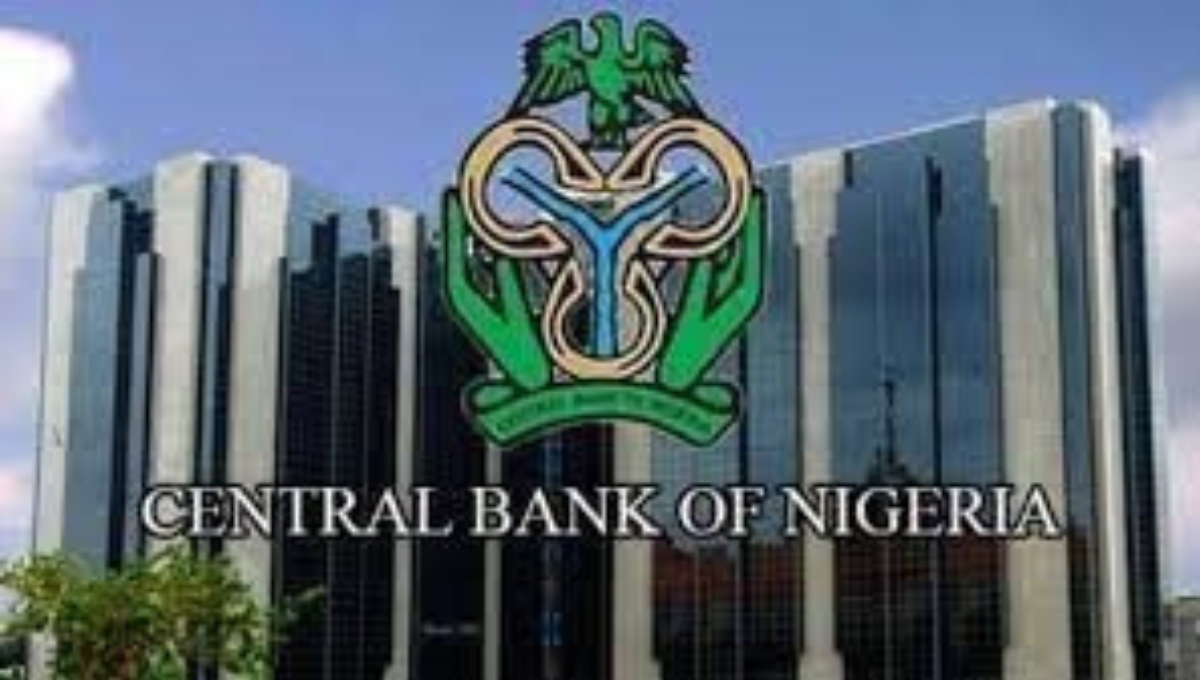The Central Bank of Nigeria (CBN) has established a new Compliance Department to bolster its regulatory oversight, particularly over non-prudential risk areas such as financial crimes, cybersecurity, and environmental, social, and governance (ESG) frameworks. This structural reform is aimed at consolidating supervisory responsibilities, improving efficiency, and enhancing the effectiveness of regulatory enforcement within Nigeria’s financial sector.
Purpose and Timing of the New Department
The Compliance Department was created in the first quarter of 2025 and became fully operational in the second quarter, as detailed in an official circular signed by Olubunmi Ayodele-Oni, the Department’s Director. The move is part of a broader reform initiative by the CBN to clearly delineate institutional roles and ensure focused supervision of emerging risks that go beyond traditional prudential regulatory areas. It reflects the bank’s proactive steps to address evolving challenges in Nigeria’s financial ecosystem.
Scope and Areas of Oversight
The department’s remit covers four critical supervisory domains:
- Financial Crime Supervision: This includes oversight of anti-money laundering (AML), combating the financing of terrorism (CFT), counter-proliferation financing (CPF), and sanctions compliance. The CBN’s heightened focus on these areas is a response to a notable increase in financial fraud and the risks posed by digital financial platforms, including virtual asset service providers.
- Market Conduct Supervision: The department will oversee practices such as disclosure requirements, complaints management frameworks, and standards for advertising within financial services, ensuring consumer protection and transparency.
- Enterprise Security Supervision: Given the rising cybersecurity threats, this unit will concentrate on cybersecurity measures, data protection, and managing risks from third-party vendors and service providers.
- Corporate Governance and ESG Supervision: This area focuses on assessing board effectiveness, enforcement of sound corporate governance practices, and monitoring compliance with ESG frameworks, reflecting global trends toward sustainable finance practices.
Directives to Financial Institutions
In the circular, the CBN mandated all regulated financial institutions—including Deposit Money Banks, Microfinance Banks, Mobile Money Operators, Payment Terminal Service Providers, and others—to route all future reports, correspondence, and inquiries related to the department’s areas of oversight to the Director of the Compliance Department. Institutions are to follow detailed submission protocols and designated points of contact, which are to be communicated directly by the department.
Context of Rising Financial Risks
The establishment of the Compliance Department comes against a backdrop of rising financial crimes in Nigeria. The CBN revealed that financial fraud surged by 45% within the last year, with about 70% of losses linked to digital channels, particularly unregulated virtual asset platforms. This was highlighted by CBN Governor Olayemi Cardoso, in a speech represented by Deputy Governor Muhammad Sani Abdullahi at an Economic and Financial Crimes Commission (EFCC) event, underscoring the urgency for enhanced regulatory oversight.
Governor Cardoso acknowledged that while digital innovations have significantly broadened financial inclusion, they have also introduced complex regulatory and security challenges, necessitating stricter governance and compliance measures.
Related Regulatory Measures and Initiatives
The CBN’s reforms are part of a larger strategy that includes several other significant regulatory updates and initiatives:
- The bank mandated migration to the ISO 20022 messaging standard alongside compulsory geo-tagging of payment terminals, due by October 31, 2025, underscoring its commitment to modernizing payments infrastructure and enhancing security.
- The CBN has also issued guidelines for Virtual Asset Service Providers (VASPs) that include stricter operating directives to minimize risks to the monetary system and financial stability.
- It has intensified anti-money laundering (AML) and combating financing of terrorism (CFT) measures, including spot checks on Nigerian banks and their foreign subsidiaries, aiming to facilitate Nigeria’s removal from the Financial Action Task Force (FATF) Grey List.
- Recent CBN reforms have included enhanced oversight in the Bureau de Change sector, stricter licensing and capital standards, and the introduction of a franchise model to curb illegal foreign exchange activities.
Commitment to Collaboration and Transition
The CBN reiterated its commitment to working closely with financial institutions to ensure a smooth transition to the new regulatory framework managed by the Compliance Department. It emphasized maintaining the highest standards of regulatory discipline and fostering a cooperative environment to effectively mitigate non-prudential risks.
The creation of the Compliance Department by the Central Bank of Nigeria marks a significant step towards strengthening regulatory oversight amid increasing financial sector complexities. By centralizing supervisory functions for financial crimes, market conduct, enterprise security, and ESG compliance under one specialized department, the CBN seeks to mitigate emerging risks, improve institutional accountability, and protect the integrity of Nigeria’s financial system. As digital innovation continues to transform the sector, the enhanced regulatory framework aims to foster a more secure, transparent, and resilient financial environment for the Nigerian economy.


